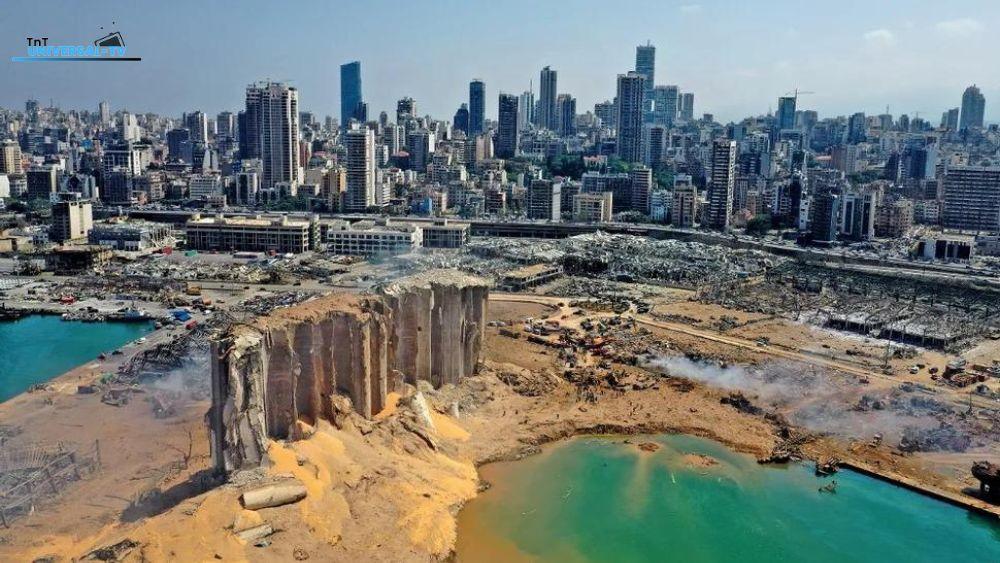
With the departure of the Lebanese President, General Michel Aoun, on Sunday, Baabda Palace and his return to his home in the Rabieh area, Lebanon begins the phase of entering into the cycle of what is known as the “presidential vacancy”, especially after the House of Representatives failed during 4 consecutive sessions that it held, over the course of a period of time. The past few days, in consensus to elect a new President of the Republic.
The Lebanese people’s opinions and assessments differ about the factors that led the country to this “deep pit”, according to what President Aoun himself said, and thus to the vacancy stage, between local political currents competing with each other, within the framework of the traditional “maliciousness” popular in Lebanon. decades ago.
Covenant successes and failures
The slogans raised by the opposition forces focus on holding the era of President Michel Aoun fully responsible for causing the worst economic, social and living crisis that afflicted Lebanon during its modern history, while the loyalist forces refute the content of these slogans, in whole and in detail, and adopt realistic slogans that promote the successes of the era, especially In the following areas:
• Providing the political cover for the Lebanese military institution in order to start dismantling the awake and sleeping cells of terrorist and takfiri groups, which later led to the “Dawn of the Outskirts” battle and the expulsion of the elements of these groups beyond Lebanese territory.
• Restoring security stability throughout the country in conjunction with the start of a series of economic reforms, the most prominent of which was providing electricity to consumers for about 18 hours a day.
• At the United Nations, 165 countries voted in favor of President Aoun’s proposal to establish a “Human Academy for Encounter and Dialogue” in Beirut, which was enough to return Lebanon to its golden days as a “home – the message” and not a “home – the mailbox.”
• The success of the efforts of the American mediator, Amos Hochstein, which recently led to the achievement of the “historic agreement” on demarcating the maritime borders between Lebanon and Israel.
Causes of stumbling
Observers of Lebanese affairs believe that the most important reasons for the faltering of President Aoun’s era during the past six years are as follows:
• The outbreak of the “October 17 Revolution” in 2019 and the failure of its symbols to respond to President Aoun’s calls regarding the formation of a delegation to discuss with him the list of demands.
• The spread of the COVID-19 pandemic all over the world, including Lebanon.
• The explosion of hidden ammonium nitrate in the port of Beirut on August 4, 2020, which led to a variety of destructive, environmental and economic disasters.
• President Aoun’s opponents exploit the repercussions of the aforementioned three factors to correct his reign.
constitutional vortex
In an extensive study he prepared in 2015 under the title “President of the Republic”, the Lebanese researcher Rabie Al-Shaer believes that the constitutional problems in Lebanon are summed up in the existence of different interpretations of them, which resembles a whirlpool.
He says in his study:
• Lebanon’s sectarian nature and the superiority of the Christian community, especially the Maronite community, led to the establishment of the 1926 constitution.
• The President of the Republic was given expanded powers, and the Presidency of the Republic was finally entrusted to the Maronites with the “National Pact” in 1943.
• Article 17 of the constitution entrusted the executive power to the President of the Republic, who, according to Article 53, appointed ministers, named a president from them, and dismissed them.
• The President of the Republic had the right to propose laws (Article 18) and dissolve the House of Representatives, after the approval of the Council of Ministers, by a reasoned decision (Article 55).
• The president is responsible for negotiating and concluding international treaties (Article 52), in addition to the possibility of obstructing the publication of laws and decrees without any time limit preventing him from doing so.
It is noteworthy that the Lebanese caretaker Prime Minister Najib Mikati announced today his rejection of the decree signed by outgoing President Michel Aoun, accepting the resignation of the government.
Mikati said that the Lebanese government will continue to carry out all its constitutional duties, including the conduct of business, in accordance with the provisions of the constitution and the regulations that sponsor its work.
